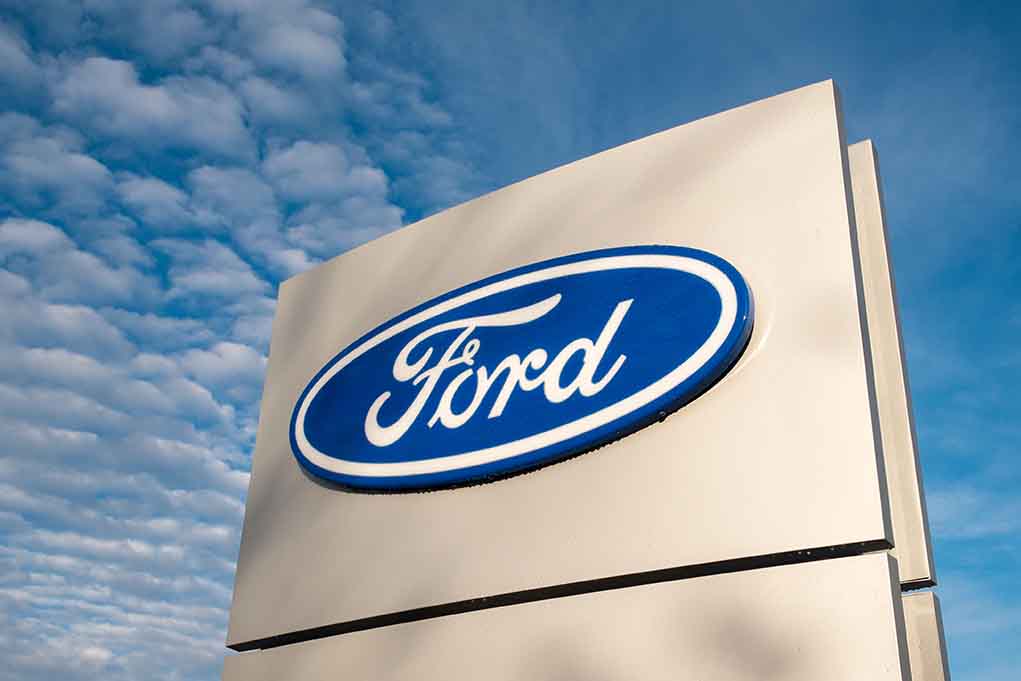
Nearly half a million Ford Explorer owners now face a serious safety risk as pieces of their vehicle could fly off at any moment, creating dangerous road hazards for everyone on the highway.
Key Takeaways
- Ford is recalling 492,145 Explorer SUVs from model years 2016-2017 due to door trim that can detach while driving
- The affected vehicles were manufactured between June 11, 2015, and April 19, 2017
- Ford knew about the issue since 2019 but only now deems it a safety concern after NHTSA pressure
- Owner notifications will begin June 9, but Ford is still developing a permanent fix
- No accidents or injuries have been reported from the defect yet
Another Safety Recall Hits American Automaker
Ford Motor Company has announced a major recall affecting nearly half a million Explorer SUVs due to potentially dangerous door trim issues. The recall covers 492,145 Ford Explorers from the 2016 and 2017 model years that were manufactured at Ford’s Chicago Assembly Plant between June 11, 2015, and April 19, 2017. The problem stems from insufficient adhesive bonding that allows the B-pillar trim to detach from the vehicle while in motion, creating serious hazards for other drivers who might encounter these unexpected road obstacles.
What’s particularly concerning about this recall is Ford’s delayed response to the problem. According to documentation, the automaker has been aware of the issue since 2019 but didn’t initially classify it as a safety risk requiring a recall. This changed only after the National Highway Traffic Safety Administration (NHTSA) stepped in following numerous complaints from Explorer owners. This represents yet another example of corporate interests seemingly taking precedence over public safety until government intervention forces accountability.
Government Intervention Forces Action
The NHTSA had to pressure Ford into taking action after receiving multiple reports from concerned vehicle owners. In March 2025, the agency prompted further investigation, which eventually led to Ford acknowledging the door trim poses an “unreasonable risk to safety,” according to the NHTSA report. This government intervention highlights ongoing concerns about how automotive companies handle potential safety issues and whether profit motives sometimes override consumer protection.
“Ford is recalling nearly half a million older Explorer models because part of the door trim can detach while driving and cause a dangerous road hazard, U.S. auto safety regulators said Wednesday,” according to U.S. auto safety regulators.
The delay in addressing this safety concern is particularly troubling given the potential dangers. Flying debris from vehicles presents serious risks to other motorists, potentially causing accidents as drivers swerve to avoid obstacles or suffer damage to their vehicles. The timing of this recall also comes during the busy summer travel season when more American families will be on the highways, potentially in these affected vehicles.
Owner Notification and Repairs
Ford plans to notify owners of affected vehicles beginning June 9, 2025. However, in a move that will likely frustrate many Explorer owners, the company admits it hasn’t yet developed a permanent fix for the problem. This means that even after being notified of the potentially dangerous defect, owners may need to continue driving these vehicles without an immediate solution. The company has promised that all repairs will be provided at no cost to owners once a remedy is available through Ford and Lincoln dealerships.
While Ford reports that no accidents or injuries have been documented as a result of this defect, the potential for harm remains significant. For Explorer owners concerned about this recall, the NHTSA has assigned recall number 25V347, while Ford’s internal recall reference is 25S53. Owners can check if their specific vehicle is affected by visiting the NHTSA recall website and entering their Vehicle Identification Number (VIN). With American families already struggling under record inflation and high vehicle prices, this recall represents yet another burden for hardworking citizens trying to maintain safe transportation.

















